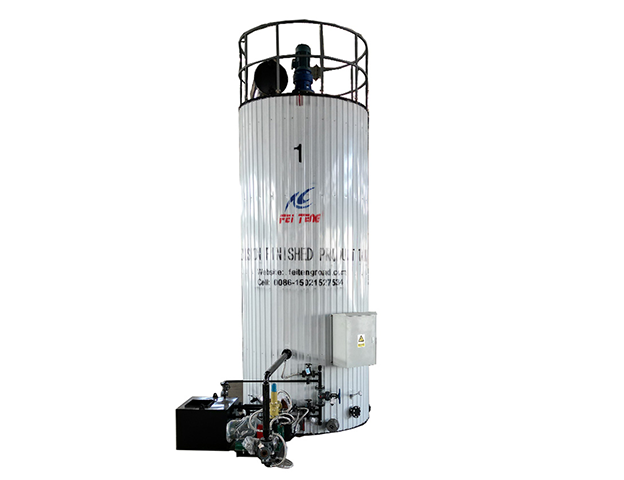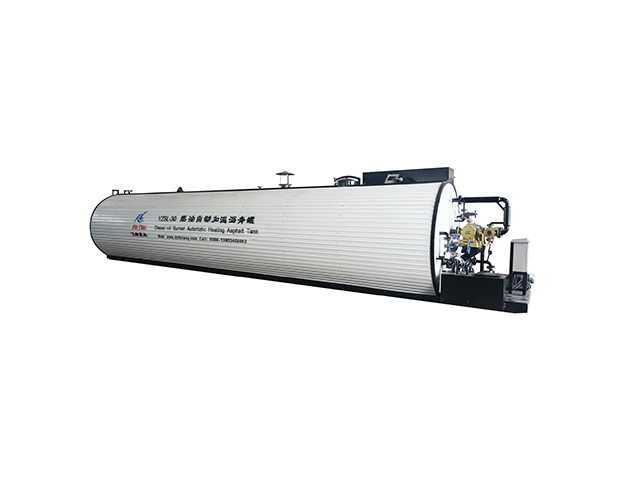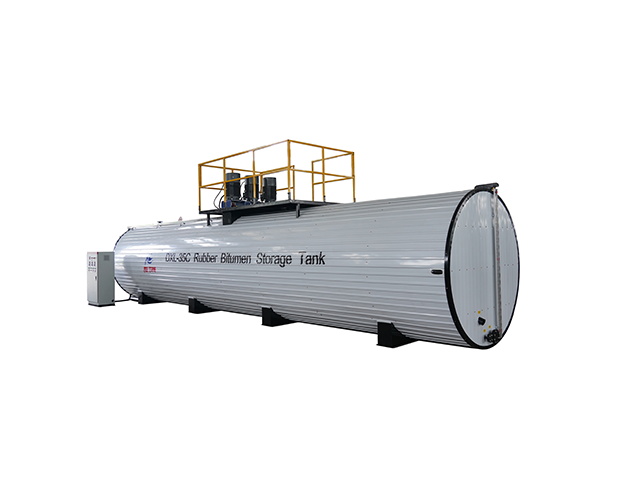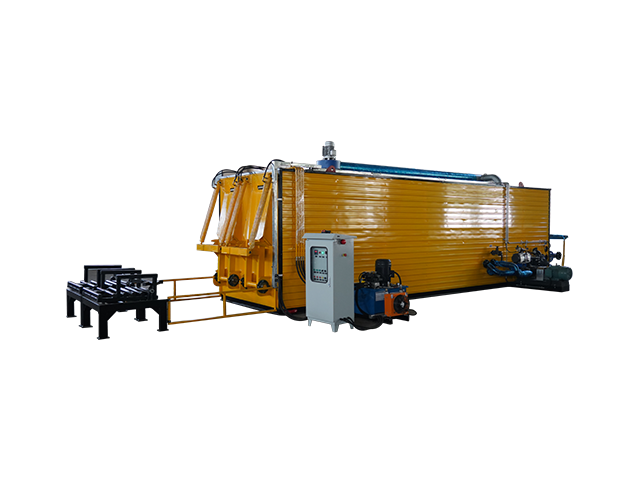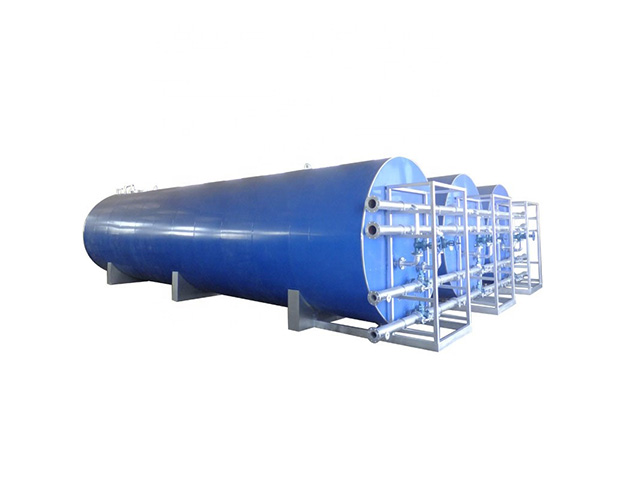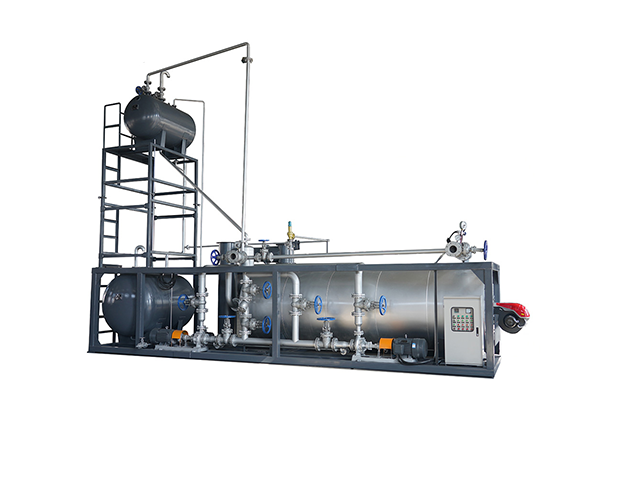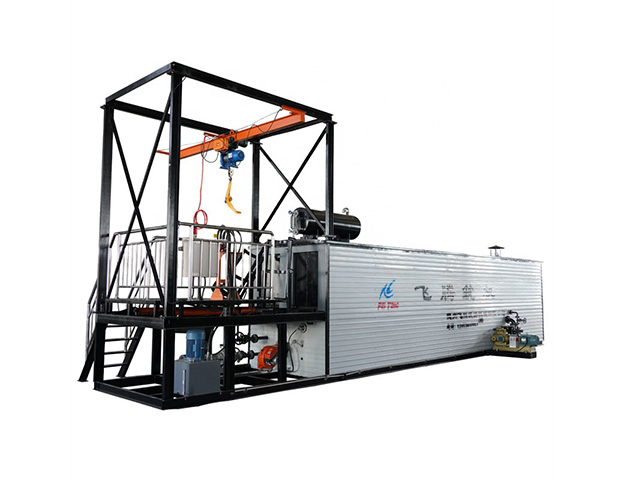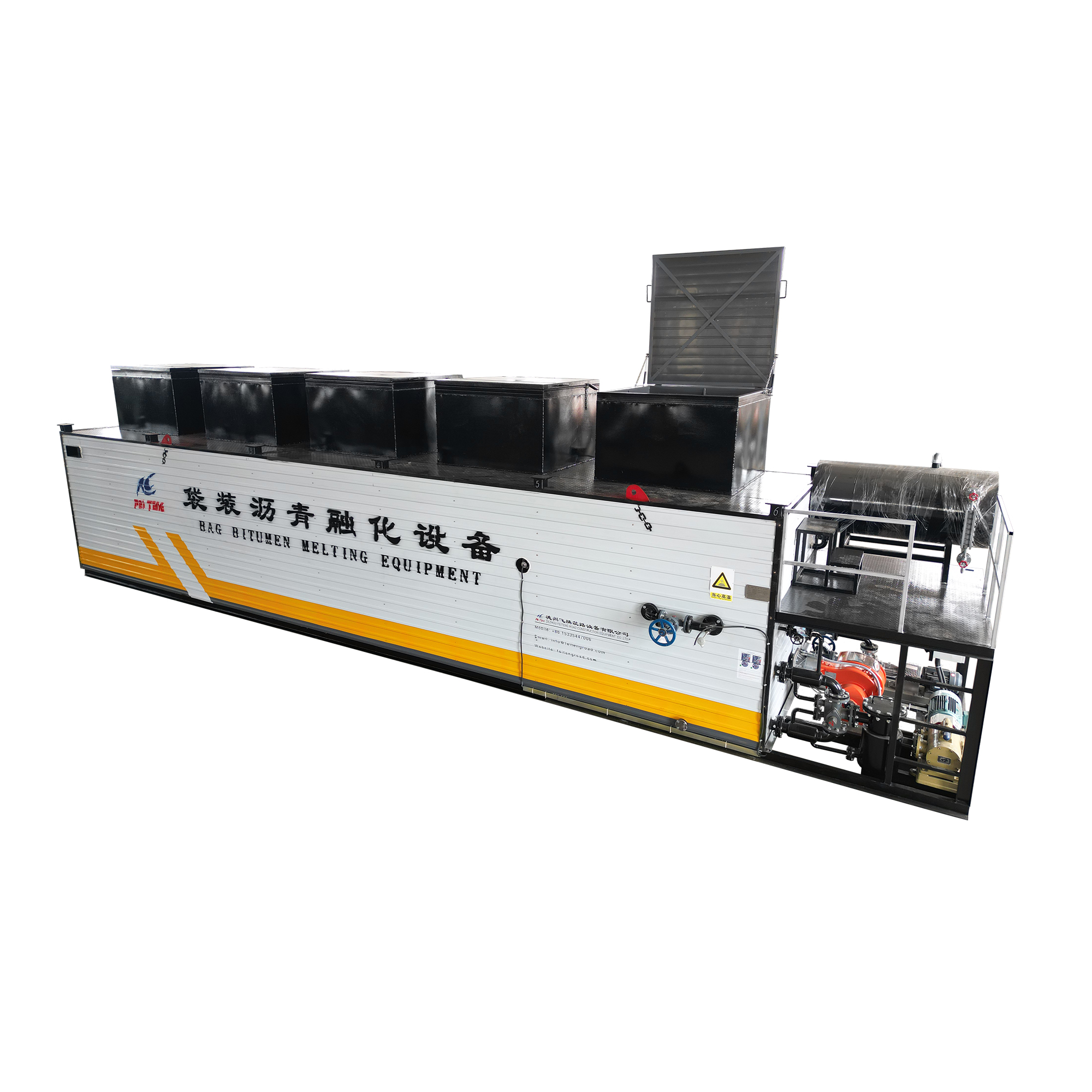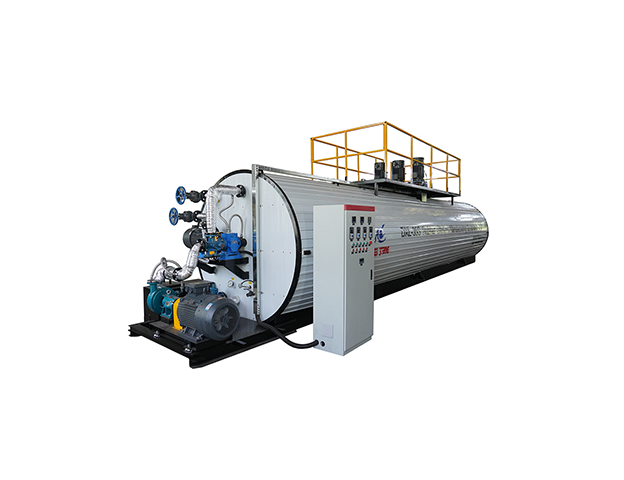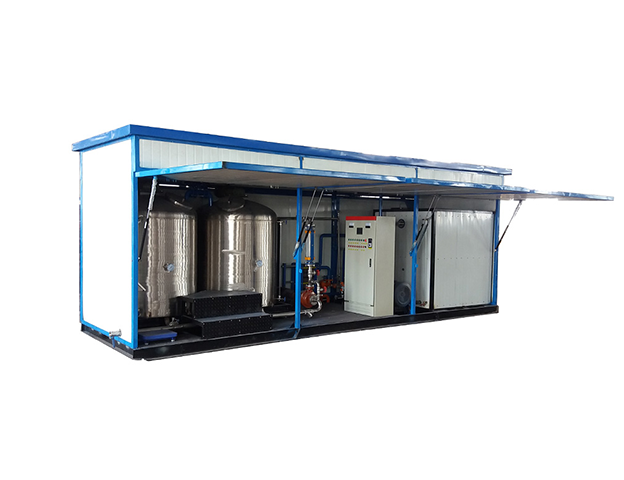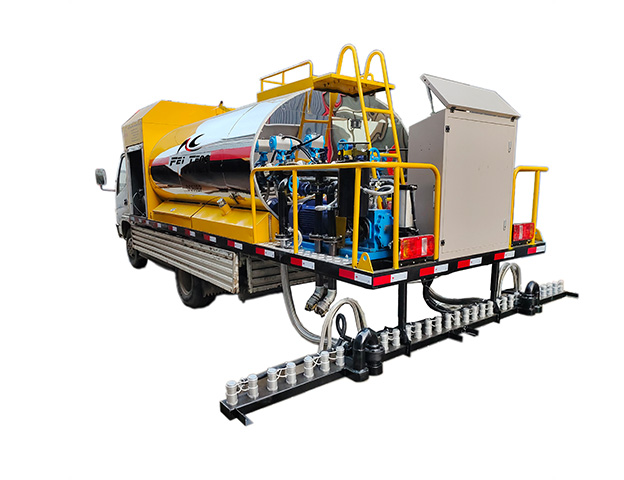What Is a Bitumen Emulsion Plant?
A bitumen emulsion plant is a specialized system used to produce a stable mixture of bitumen, water, and emulsifying agents. Unlike traditional hot mix asphalt, emulsified bitumen can be applied at lower temperatures, making it more energy-efficient, environmentally friendly, and suitable for a wide range of road construction and maintenance applications.
How Bitumen Emulsions Work
In a typical system, hot bitumen is blended with water and emulsifiers using a high-shear colloid mill. The mixture is continuously agitated at high speeds, breaking bitumen into fine particles and dispersing them in water. The result is a stable emulsion that can be sprayed, mixed with aggregates, or applied directly to road surfaces.
Common types of bitumen emulsions include:
-
Cationic emulsions (positively charged): Ideal for most road construction applications.
-
Anionic emulsions (negatively charged): Suitable for specific aggregate types.
-
Polymer modified emulsions (PMB-E): Offer improved flexibility, durability, and water resistance.
Applications of Bitumen Emulsion
Bitumen emulsion is widely used in road engineering, especially where cold or low-temperature application is required. Key applications include:
-
Surface dressing and tack coats
-
Cold mix asphalt production
-
Soil stabilization
-
Fog seals and slurry seals
-
Micro-surfacing
-
Pothole patching
-
Prime coats for base layers
Its ability to be used without extensive heating makes it ideal for remote or temperature-sensitive environments.
Key Components of a Bitumen Emulsion Plant
A standard bitumen emulsion plant includes several core components:
-
Bitumen Heating System
Maintains the proper temperature for bitumen to achieve consistent emulsification. -
Water and Emulsifier Mixing Unit
Prepares the aqueous phase by precisely dosing and blending water with emulsifying agents. -
Колоїдний млин
The most critical part of the system, this mill breaks bitumen into microscopic droplets for stable dispersion. -
Automated Control System
PLC or touch screen interfaces allow real-time monitoring and adjustment of temperatures, flow rates, and mix ratios. -
Pipelines and Valves
Support dosing, safety, and controlled flow between heating, mixing, and discharge units. -
Storage Tanks
Used for input materials like bitumen and water, as well as for storing the final emulsion product.
Why Choose Feiteng Emulsion Systems
Feiteng offers reliable, customizable bitumen emulsion plants tailored to the needs of global road construction contractors. Key advantages include:
-
Efficient heating with thermal oil systems
-
Modular container-ready structure
-
Full automation with PLC control
-
Compatibility with polymer-modified and SBS emulsions
-
ISO/CE certified quality assurance
With decades of experience, Feiteng supports customers from design consultation to installation and long-term service.
Conclusion
Bitumen emulsions are a smart, sustainable alternative to traditional asphalt, offering cost savings and environmental benefits. Investing in a high-performance emulsion plant ensures consistent quality, energy efficiency, and operational flexibility on any job site.
If you are looking for a dependable partner in emulsion plant manufacturing, Feiteng delivers proven solutions backed by engineering expertise and global project experience.

